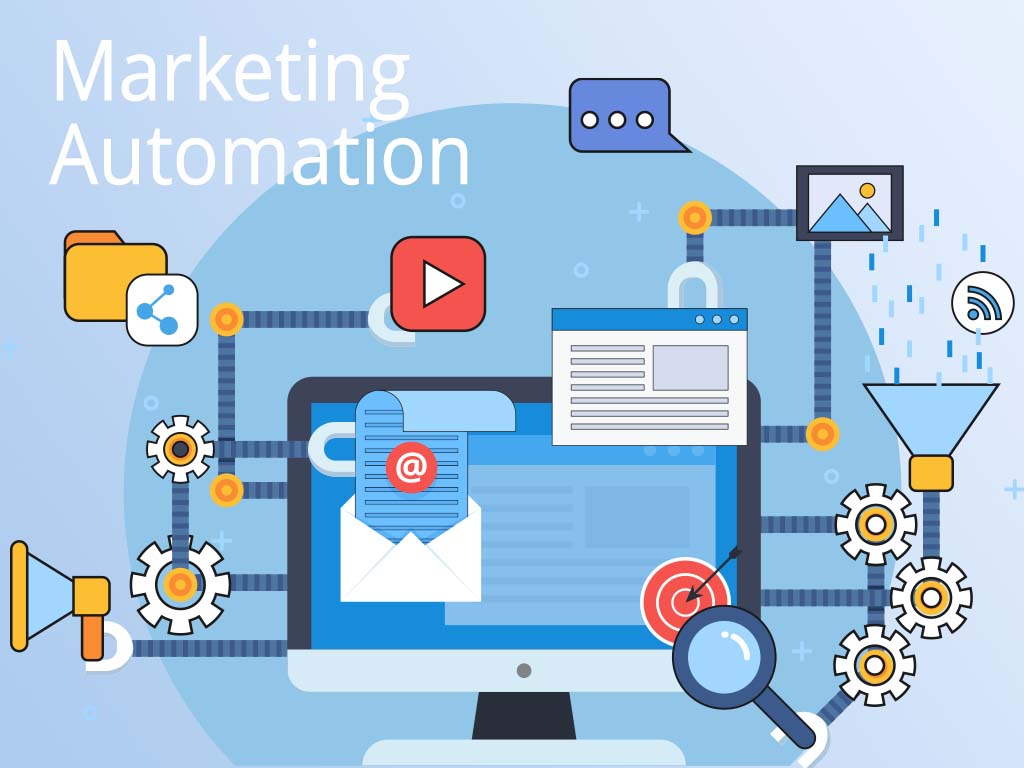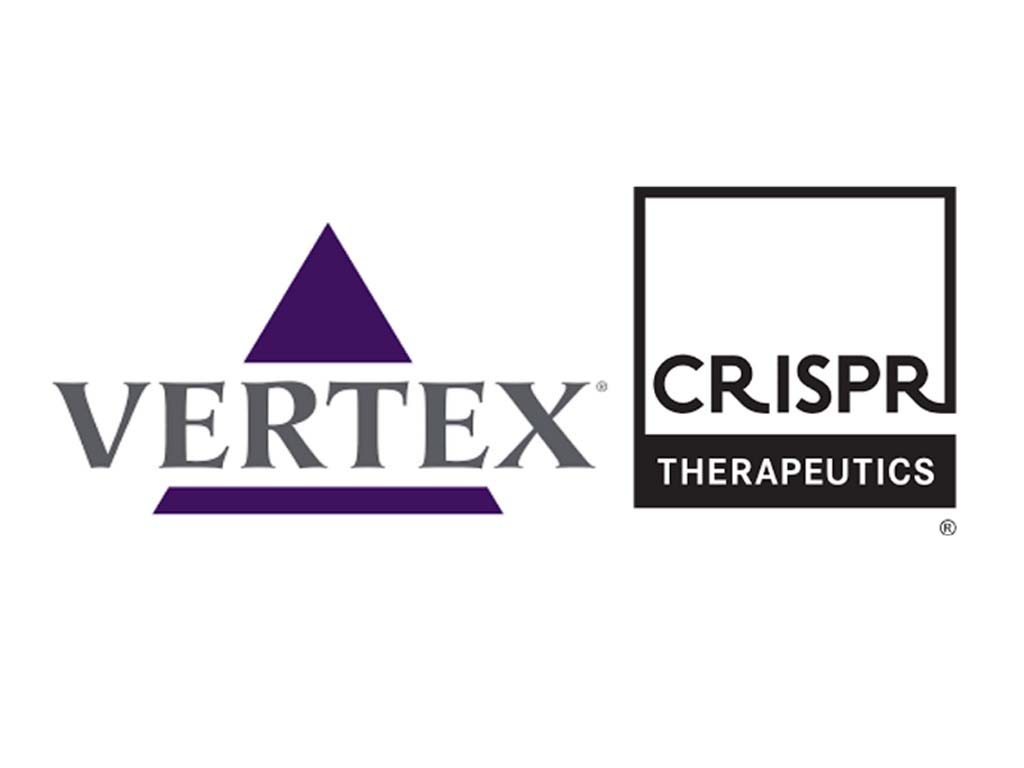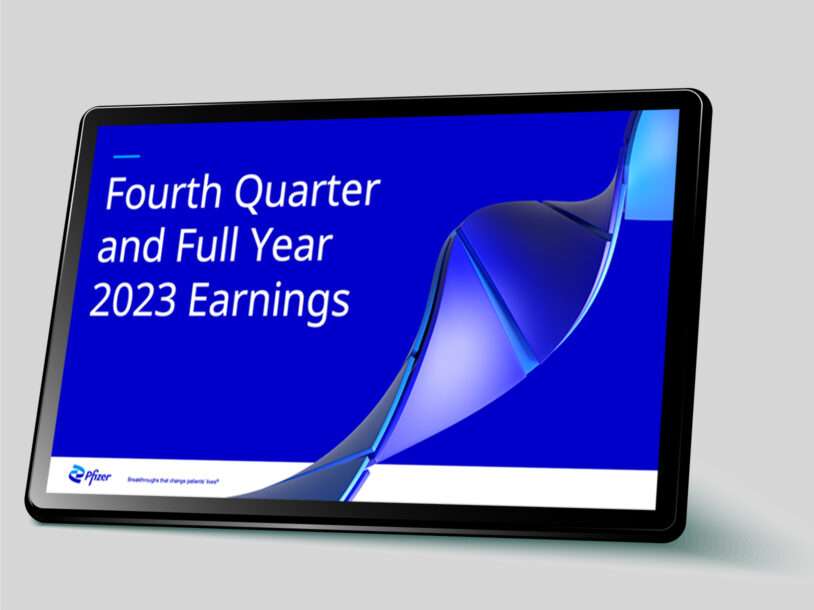Are you tired of spending hours on end manually executing your marketing strategies? Well, say hello to Marketing Automation! But, what is Marketing Automation exactly?
In short, it is a software platform that streamlines and automates marketing tasks such as lead nurturing, social media posting, email campaigns, and more. By using machine learning and artificial intelligence, this technology is designed to save time, enhance efficiency, and improve the overall effectiveness of your marketing efforts.
If you’re interested in learning more about automation of your marketing tactics and how it can benefit your business, you’re in the right place. In this article, we’ll be exploring the ins and outs of this technology and how it can transform your marketing strategy. We’ll also be sharing insights and advice from industry experts to ensure that you have a comprehensive understanding of automation and its potential impact on your business.
So, let’s dive in and discover the power of Marketing Automation together!
Outline
ToggleWhy is Marketing Automation Important?
Marketing automation is a technology-driven process that uses software and other tools to automate repetitive marketing tasks and streamline marketing efforts. This process can include a range of marketing activities, such as email campaigns, social media posts, and website actions, in order to save time, improve efficiency, and increase revenue.
The primary objective of automation of marketing tactics is to personalize the marketing efforts of a business, to improve the customer experience, and to create strong relationships with customers. By automating repetitive tasks, businesses can free up time to focus on developing more personalized content, improving customer interactions, and building more robust customer profiles.
How Does it Work?
Marketing automation uses data to trigger marketing actions based on customer behavior, such as a website visit or a completed purchase. The automation tools used in this process can help businesses increase efficiency and provide a more personalized experience to their customers. This, in turn, can lead to improved customer satisfaction and loyalty, ultimately resulting in increased revenue for the business.
At its core, it is all about automating repetitive tasks and creating targeted workflows to guide leads through the marketing funnel. Here’s a step-by-step breakdown of how Marketing Automation works:
- Lead Capture: The first step is to capture leads through various channels such as landing pages, forms, or social media. Once a lead enters their contact information, they become part of your database.
- Lead Nurturing: After capturing a lead, automation can helps to nurture them by sending relevant and targeted content based on their interests and behavior. This can be done through email marketing, social media, or other channels.
- Lead Scoring: An automated algorithm can also allow businesses to score leads based on their level of engagement and likelihood to convert. This helps to prioritize leads and focus efforts on those most likely to convert.
- Sales Alignment: An automation strategy can also help to align sales and marketing efforts by providing insights into lead behavior and preferences. This helps sales teams to have more productive conversations and close more deals.
- Analytics and Reporting: Finally, automation software provides robust analytics and reporting capabilities, allowing businesses to track the success of their campaigns and make data-driven decisions about future marketing efforts.
By automating repetitive tasks and creating targeted workflows, businesses can save time and focus their efforts on the most promising leads, ultimately driving greater revenue and success.
Benefits of Marketing Automation
There are several benefits, including:
- Increased Efficiency: Save businesses time by automating repetitive tasks and allowing them to focus on more important aspects of their marketing efforts.
- Personalization: Allows businesses to create personalized content and experiences for their customers, which can help to improve customer satisfaction and loyalty.
- Improved Customer Experience: By personalizing their marketing efforts, businesses can provide a better customer experience, which can lead to increased customer satisfaction and loyalty.
- Increased Revenue: Can help businesses increase their revenue by improving the effectiveness of their marketing efforts and providing a better customer experience.
Available Automation Tools
There are many automation tools available, including:
- Email Marketing: Email automation tools allow businesses to create and send personalized email campaigns based on customer behavior.
- Social Media: Social media automation tools allow businesses to automate their social media posts and interactions, which can save time and improve efficiency.
- Website: Website automation tools allow businesses to automate website actions, such as pop-ups and landing pages, based on customer behavior.
Here are some of the most popular Marketing Automation solutions and vendors available today:
- HubSpot: A comprehensive inbound marketing and sales platform that offers Automation tools such as email marketing, lead management, and social media publishing. It also offers robust analytics and reporting features.
- Marketo: A cloud-based platform that includes features such as email marketing, lead management, and analytics. It also integrates with popular CRMs such as Salesforce and Microsoft Dynamics.
- Pardot: A platform designed specifically for B2B marketers. It includes features such as lead management, email marketing, and analytics, and integrates with Salesforce.
- ActiveCampaign: ActiveCampaign offers features such as email marketing, CRM integration, and lead scoring. It also offers machine learning capabilities to help businesses personalize their marketing efforts.
- Eloqua: An enterprise-level platform that offers features such as email marketing, lead management, and analytics. It also offers advanced reporting and customization options.
- Sendinblue: An all-in-one digital marketing platform that includes features such as email marketing, SMS marketing, and lead management. It also offers a free plan for small businesses.
These are just a few of the many Marketing Automation tools available on the market today. When selecting a platform, it’s important to consider factors such as your budget, the size of your business, and the specific features that are most important to your marketing strategy. By selecting the right Marketing Automation tool and integrating it with your overall marketing strategy, you can streamline your efforts and achieve greater success in your digital marketing efforts.
Implementing Marketing Automation
First and foremost, it’s important to establish clear goals and objectives for your Marketing Automation efforts. Whether it’s lead generation, customer retention, or increasing sales, having a solid understanding of your desired outcomes will help you determine the best approach and ensure that your efforts are aligned with your overall business objectives.
Next, it’s crucial to have the right tools in place. As stated above, there are many Marketing Automation platforms available, each with its own strengths and capabilities. Conduct thorough research to find the platform that best fits your needs and budget.
Once you’ve selected a platform, it’s time to set up your workflows. Workflows are the automated series of actions that a lead or customer goes through based on their behavior or other triggers. Mapping out your workflows ahead of time will help ensure that they are logical, efficient, and effective in achieving your goals.
Common Mistakes
There are several common mistakes that businesses make when implementing automation, including:
- Lack of Planning: Businesses often fail to plan their automation strategy properly, which can lead to ineffective and inefficient marketing efforts.
- Poor Data Quality: Automation relies on data, so businesses need to ensure that their data is accurate and up-to-date.
- Lack of Personalization: Businesses that fail to personalize their marketing efforts risk losing customers and reducing customer satisfaction.
Marketing Automation isn’t a set-it-and-forget-it solution. Regular monitoring and analysis of your campaigns are critical to their success. Use analytics to measure the effectiveness of your workflows and make adjustments as needed.
In conclusion
Marketing automation is an important technology that can help businesses improve their marketing efforts, save time, and increase revenue. By automating repetitive tasks and personalizing their marketing efforts, businesses can provide a better customer experience and improve their bottom line.
FAQs
- What are the benefits of marketing automation?
- What are some common marketing automation tools?
- What are some common marketing automation mistakes?
- How can businesses implement marketing automation?
- Why is personalization important in marketing automation?
No related posts.






